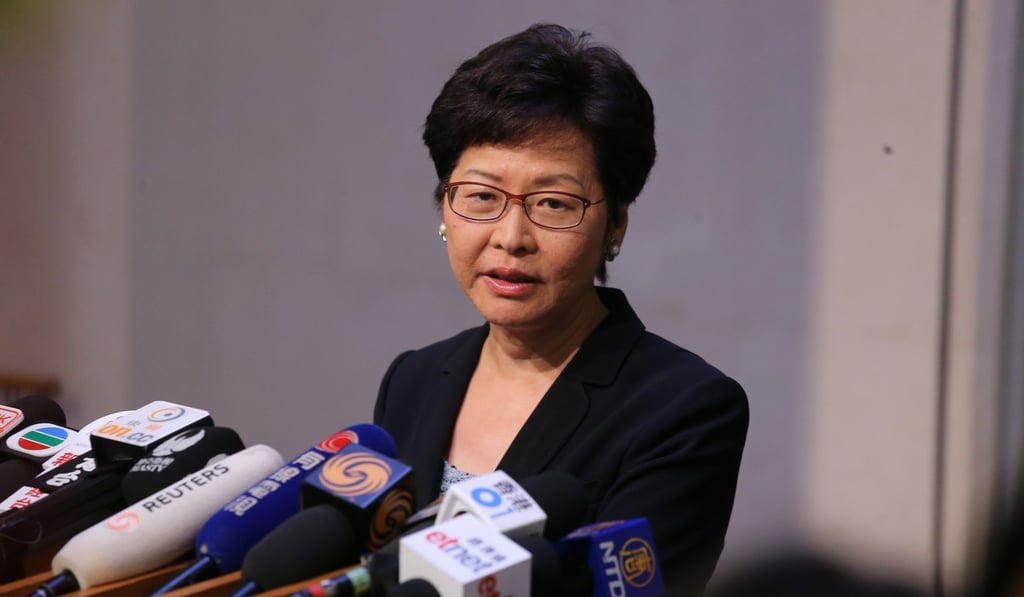Is Hong Kong’s rule of law really under threat?
Claims of political interference regarding the jailing of three student leaders involved in the Occupy protests strike at the very heart of Hong Kong’s identity

Critics have accused senior judges and prosecutors of allowing political motives and pressure from Beijing to influence their judgment in the case.
WATCH: Occupy leaders are arrested and charged
Meanwhile, the city’s leader, its top lawyer, and the two branches of the legal profession scrambled to reject any notion of political persecution.
There was a need to defend the system, because so much is at stake. Hong Kong has long enjoyed a reputation as a city governed by the rule of law. Its common law system and judicial independence set it apart from mainland China and other countries in the region. The system of justice underpins a high degree of autonomy from Beijing under the “one country, two systems” concept. It provides a level playing field for businesses and protects rights and freedoms. But this all depends on judges applying the law freely, fairly and without interference. If public confidence in their ability or willingness to do so is undermined, the system itself is at risk and so is Hong Kong’s international reputation.
